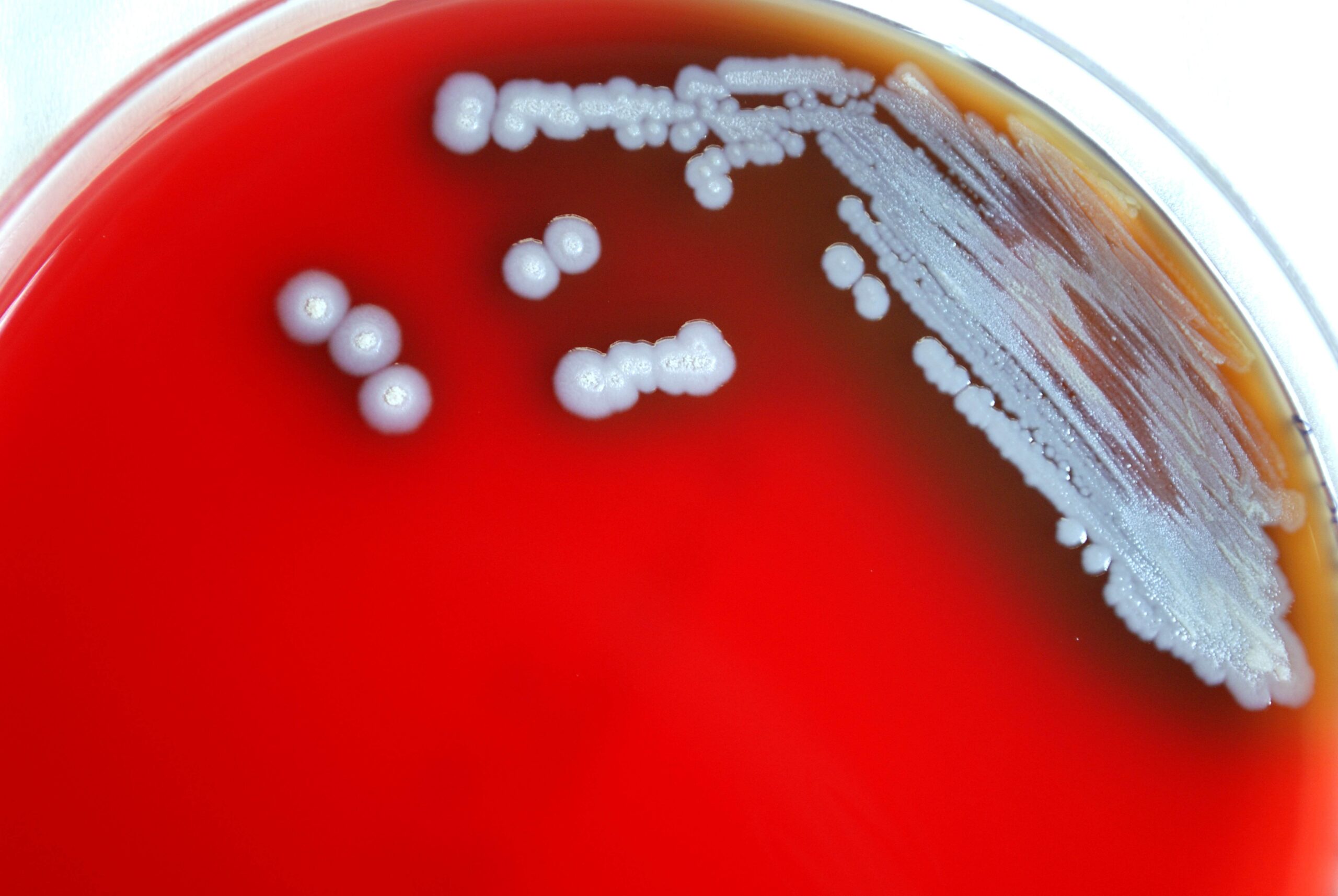
Actions Requested
- Be aware of 3 cases of melioidosis in the United States that are not associated with travel outside the United States that appear related based on genomic analysis.
- Consider melioidosis in patients with a compatible illness even if they have not traveled to an endemic country.
- If you suspect or confirm Burkholderia pseudomallei in a Kitsap County resident, immediately call the Health District Communicable Disease Program at (360) 728-2235.
Background
Kansas Department of Health and Environment, Texas Department of State Health Services and Minnesota Department of Health are investigating—with assistance from the Centers for Disease Control and Prevention (CDC)—3 cases of B. pseudomallei infection (melioidosis). The first case, identified in March 2021, was fatal. Authorities identified 2 more cases in May 2021. None of the patients traveled outside the continental United States. Genomic analysis of the strains suggests a common source, like an imported product or animal. To date, authorities have not identified the source.
Symptoms of melioidosis are varied and nonspecific and may include pneumonia, abscess formation and/or blood infection. Because of its nonspecific symptoms, melioidosis can initially be mistaken for other diseases, like tuberculosis, delaying proper treatment. The 3 patients initially presented with a range of symptoms, including cough, shortness of breath, weakness, fatigue, nausea, vomiting, intermittent fever and rash on the trunk, abdomen and face, later diagnosed as infectious encephalitis.
Transmission typically occurs through direct contact with contaminated soil or water through a wound, inhalation of soil dust or ingestion or aspiration of contaminated water. Percutaneous inoculation is likely the most frequent route for natural infection. Melioidosis is not considered to transmit from person to person. Laboratory workers who handle B. pseudomallei cultures are at risk, as particles may become aerosolized.
Resources
CDC’s Health Advisory ( https://emergency.cdc.gov/han/2021/han00444.asp ), Multistate Investigation of Non-travel Associated Burkholderia pseudomallei Infections (Melioidosis) in Three Patients: Kansas, Texas, and Minnesota—2021, published June 30, 2021
